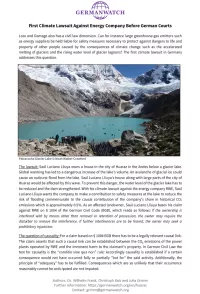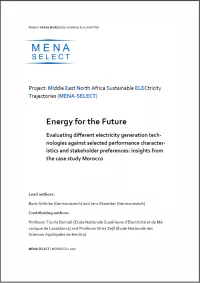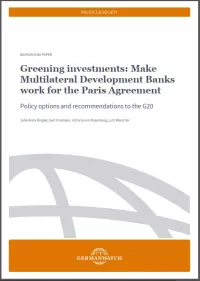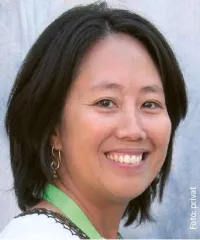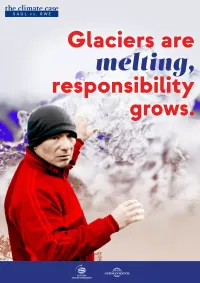Aktuelles zum Thema
Climate policy in Turkey is shaped by the country’s fossil-fuel based energy strategy, while domestic demand for more ambitious climate action is weak. Current energy market dynamics and joint G20 strategies to align markets with the Paris Agreement might, however, provide impetus for change. Turkey displays similar traits with other emerging economies: Above the global average GDP growth rate, increase in energy demand and GHG emissions, and a yet-to-decouple correlation among these three indicators. Yet, there are discrepancies as well.

